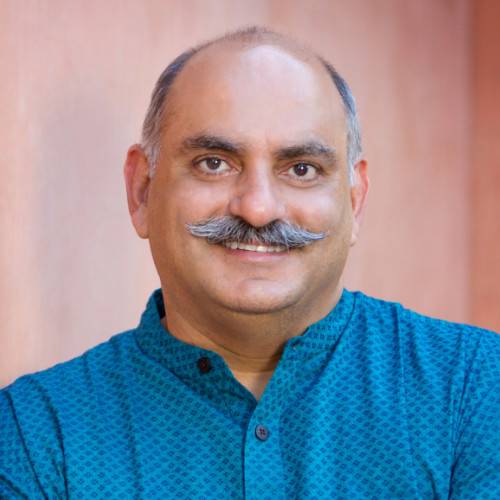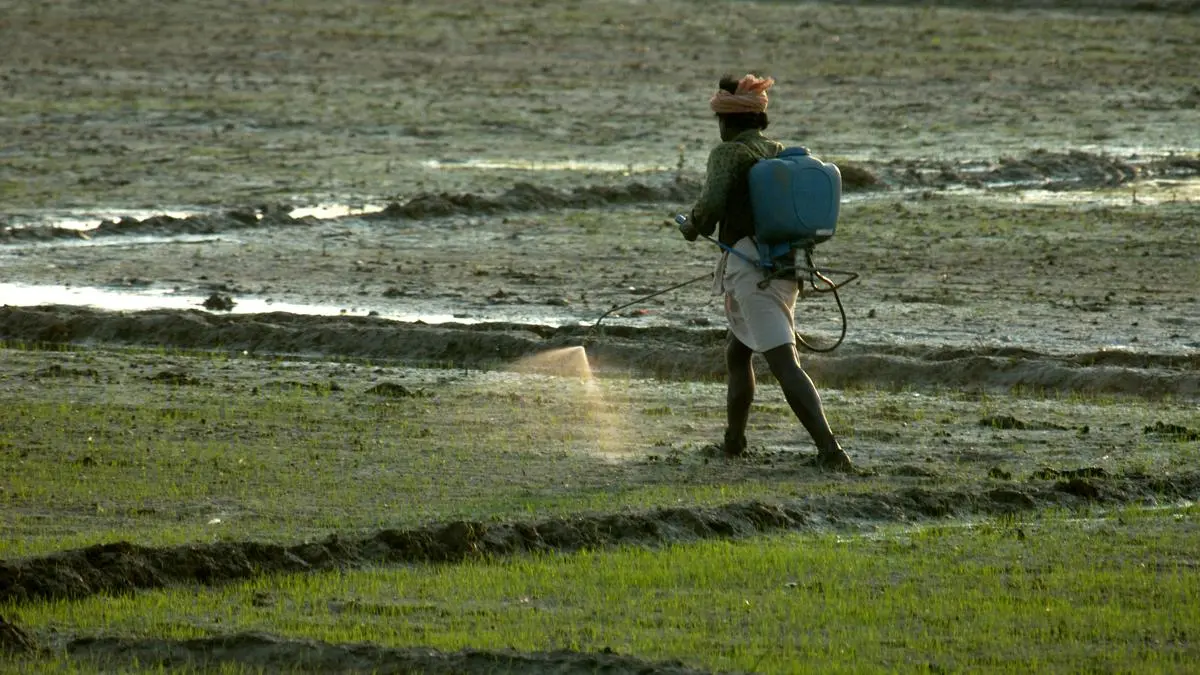Anyone pretending to comprehensively analyse the three new bills that seek to overhaul the Indian Penal Code, Code of Criminal Procedure and Evidence Act within a week of their introduction must be either a genius or a fraud. The Bharatiya Nyaya Sanhita (BNS) comprises 356 sections, repeals 22, modifies 175 and introduces eight; the Bharatiya Nagarik Suraksha Sanhita (BNSS) runs to 533 sections, modifies 160, repeals nine and introduces nine; and Bharatiya Sakshya Sanhita totals 170 sections, modifies 23, repeals nine and introduces one new section. Since I am neither a genius nor (hopefully) a fraud, I will leave the humongous exercise to others and restrict myself to some oddities and a few virtuous features.

First, the supreme irony. Touted as the panacea for criminal case arrears in India (estimated to comprise two-thirds of our distressing total of 50-million-case pendency), this legislative triumvirate might actually end up doing the opposite of what the home minister projected. Even slight modifications to the 505 sections across the three acts — as has been done — effectively subject overworked courts to repeated arguments; centuries-old jurisprudence overlying existing sections stands effaced and a de novo interpretation will consume endless court time before restoring the sanctity of the new language.
A fresh litigation explosion exceeding our existing numbers is the last thing this country can afford, but this appears to have escaped the attention of the mostly non-practising eminences in the committee set up for this exercise.
Second, much of this could have been avoided if genuine and broad-based consultation with diverse stakeholders took place. Emerging from almost 18 months of Covid restrictions between 2020 and the end of 2021, the panel’s work shows no evidence of such consultations on a subject that merited three Law Commission reports and multi-party parleys. The quality and efficacy of such initiatives is dependent on experiential consultative mechanisms, but it was sadly absent in this case. The committee itself reflected a non-representative sample of the world’s largest democracy. The two polestars in any exercise of this kind — transparency and accountability — were the clear casualties.
Third, the offence of sedition as described in these proposals is nothing but governmental fraud. Last year, the Supreme Court (SC) was about to stay the provision. The government filed an affidavit saying that the law was under review and would not be invoked pending the exercise. The apex court recorded the statement, the clear spirit of which was the elimination or significant dilution of the rigour of the sedition law. The opposite happened.
In June 2023, the Law Commission recommended the retention of sedition, setting the ground for the government’s intended push. Then came the proposed section 150 in BNS, which resorted to subterfuge. It retains the substance of the offence (though with a new nomenclature), adds more expansive definition of “acts endangering sovereignty, unity and integrity of India” (while doing lip service by deleting “disaffection against government”), conspicuously omits the old SC test (set up in the 1960s) of spoken words being accompanied by overt acts and incitement to violence, and enlarges the scope of the offence by including all electronic communication and financial means. In effect, it resurrects sedition in a much larger form by permitting its invocation against everything— speech, book, article, drama or act.
Fourth, changes to police custody (PC) are retrogressive. Presently, PC can be sought and granted only during the first 15 days of detention, and also for a maximum of 15 days. Bail — though theoretically available even during PC — is virtually never granted, since police interrogation is antithetical to the concept of bail. The proposed amendment seeks to keep the duration of PC as 15 days but allows it to be sought anytime in the first 40 days (for offences carrying up to 10 year punishment) or in the first 60 days (for offences carrying punishment beyond 10 years) as against the current rule allowing PC only in the first 15 days.
Hence, the clear consequence will be to render near impossible the possibility of securing bail for 40 or 60 days, as the case may be, since the prosecution can always argue within these extended time periods that they may still require the accused’s PC anytime. Lastly, to make it worse, PCs of a maximum duration of 15 days can be sought in bits and pieces (not aggregating more than 15 days) anytime over the longer spread of 40 or 60 days. Is this nagrik suraksha (citizen’s security)?
Fifth, community service is a good idea and though not new, needs institutionalisation through the proposed codes. Indeed, it should progressively be expanded beyond petty offences to which BNSS presently limits its proposals. Ironically, the petty offences include criminal defamation, the same described recently by the Gujarat high court as one of “grave moral turpitude” and almost resulting, but for timely SC intervention, in the leader of a 135-year-old political party being excluded from Parliament for eight years.
Sixth, mob lynching is another creditable addition, with deterrent punishment. It, however, begs the question as to what has led to a dramatic increase in this crime since 2014 and whether prosecutions for it will be allowed to be conducted professionally, objectively and without political interference, unlike recent experiences.
Unfortunately, the stealth and speed of such far-ranging changes, the lack of attention to detail, and the contextual setting of several other initiatives intended to create a new identity for a new India, may give the impression that this is more an exercise of leaving one’s stamp on everything for the sake of doing so, rather than actuated by genuine reform motives. Henry Kissinger was not wrong when he said. “If you do not know where you are going, every road will get you nowhere.”
Abhishek Singhvi is a senior third-term MP and jurist; chairman, parliamentary standing committee; former additional solicitor general of India and a senior leader of the Congress. The views expressed are personal
















%20logo%20in%20front%20of%20a%20set%20of%20stairs_id_9646796d-1d8e-4dd4-ae17-d8191393362c_size900.jpg)